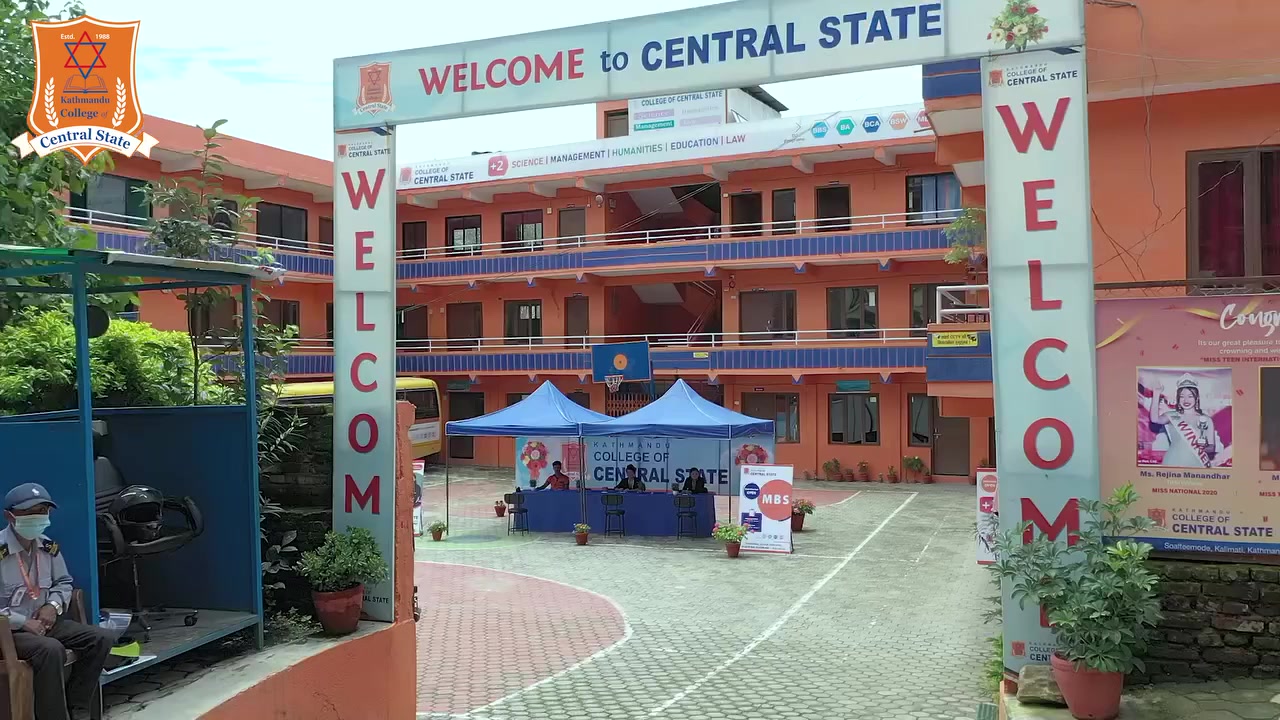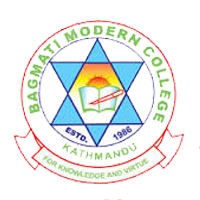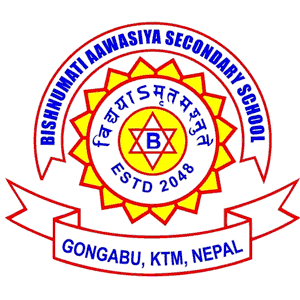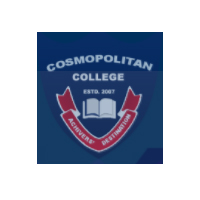Overview
Ten Plus Two (+2) Humanities at Kathmandu College of Central State
Ten Plus Two (+2) Humanities at Kathmandu College of Central State (KCCS), Kathmandu, follows the National Examinations Board (NEB) structure for Grade 11 and 12.
You study social sciences and humanities subjects such as Sociology, Psychology, Population Studies, History, Geography, Culture, Rural Development, and Mass Communication/Journalism along with compulsory English, Nepali, and Social Studies & Life Skills. The stream supports students who plan for BA, BASW, education, development studies, and media pathways.
The department treats writing as a daily habit. Students learn to build arguments with evidence, use tables and graphs where useful, and write summaries that show clear thinking.

Highlights
-
Affiliation: National Examinations Board (NEB)
-
Duration: Two academic years (Grade 11 and 12)
-
Typical subject pool: Sociology, Psychology, Population Studies, History, Geography, Culture, Rural Development, Mass Communication/Journalism (based on yearly section planning)
-
Compulsory subjects: English, Nepali, Social Studies & Life Skills (grade-wise placement)
-
Assessment: Internal tasks and NEB board examinations with essays, short notes, and practical components where applicable
Curriculum Details
Grade 11 focuses on foundations. Sociology introduces concepts such as social groups, norms, and institutions with Nepali examples. Psychology covers basic processes—sensation, perception, memory, and motivation—linked to daily life. Population Studies looks at demographic measures and maps data using simple tables. History and Geography provide timelines, maps, and cause–effect reasoning for events and regions.
Grade 12 deepens analysis. Students write longer essays, use simple statistics for population trends, and prepare field notes for local studies where scheduled. Mass Communication/Journalism builds reporting basics, headline writing, and ethical standards for news writing. Culture or Rural Development courses offer community-focused tasks with brief field observation when planned by the department.
Compulsory English and Nepali strengthen reading and composition. Social Studies & Life Skills supports civic understanding, personal planning, and responsible participation.
Objectives
-
Build strong reading and writing habits for social science and humanities subjects
-
Develop data sense using tables, graphs, and short surveys
-
Improve argument structure with clear introductions, body points, and measured conclusions
-
Encourage respectful discussion of culture, community, and policy topics
-
Prepare students for BA, BASW, and related bachelor programs
Scope
+2 Humanities supports many routes: BA majors, BASW, journalism and media studies, education, and development programs. Students who enjoy reading, field notes, and structured writing find the transition to university smoother.
Learning Outcomes
By the end of Grade 12, students should be able to:
-
Explain core concepts in sociology, psychology, and population studies using local examples
-
Read graphs and tables and write accurate summaries in a few lines
-
Write essays that state a question, present evidence, and close with a clear point
-
Conduct a short field observation with a simple checklist and consent note
-
Prepare news-style briefs that follow basic ethics for attribution and accuracy
-
Connect history and geography to present issues through timelines and maps
Skill Development Modules
-
Writing Studio: One-page essays, summaries, and abstracts with teacher feedback
-
Data Basics: Frequency tables, pie charts, bar graphs, and short interpretations
-
Field Note Pack: Observation guide, consent slip, and a two-page report format
-
Presentation Skills: Three-slide talks using maps, photos, or charts
-
Media Practice: Headline writing, short reports, and simple page layout
-
Study Group: Weekly reading circle that alternates between subjects
Teaching Methodology
Teachers introduce each topic with a short question and a worked example. Students then attempt a timed task and compare their structure with the model answer. The department uses rubrics for essays and summaries so you know exactly what “good” looks like. Internal tests, reading quizzes, and mini presentations keep momentum across long exam cycles.
Admission Requirements
-
Eligibility: SEE or equivalent as per NEB rules for the intake year
-
Stream selection: Subject sections announced by the college at admission
-
Documents: SEE mark sheet and certificate, character certificate, photographs, and ID copies as required
Students should follow the intake notice for seat numbers, section choices, and any prerequisites.
Career Opportunities
-
Pathway to BA majors, BASW, media and communication, education, and development studies
-
Early roles after higher study may include documentation, reporting, community assistance, and research support
-
Strong writing and data habits help in competitive exams that test reading and analysis
Scholarships and Financial Aid
KCCS publishes merit and need-sensitive categories each session within active rules. Awards usually require steady attendance, good conduct, and consistent internal scores. Applications include forms and supporting documents within the announced dates.
Why Choose This Course?
You enjoy reading, field notes, and careful writing. You want subjects that help you understand people, communities, and change. You prefer steady practice over memorization and you plan to move into BA, BASW, or media studies with a strong base in writing and data sense.
Conclusion
Create a small portfolio from Grade 11: two essays, one field note, one data summary, and one media brief. Keep revisions and teacher comments. Rewriting a paragraph improves clarity more than memorizing a page. These habits make BA and BASW assignments less stressful and give you real samples to show during future admissions or interviews.



















